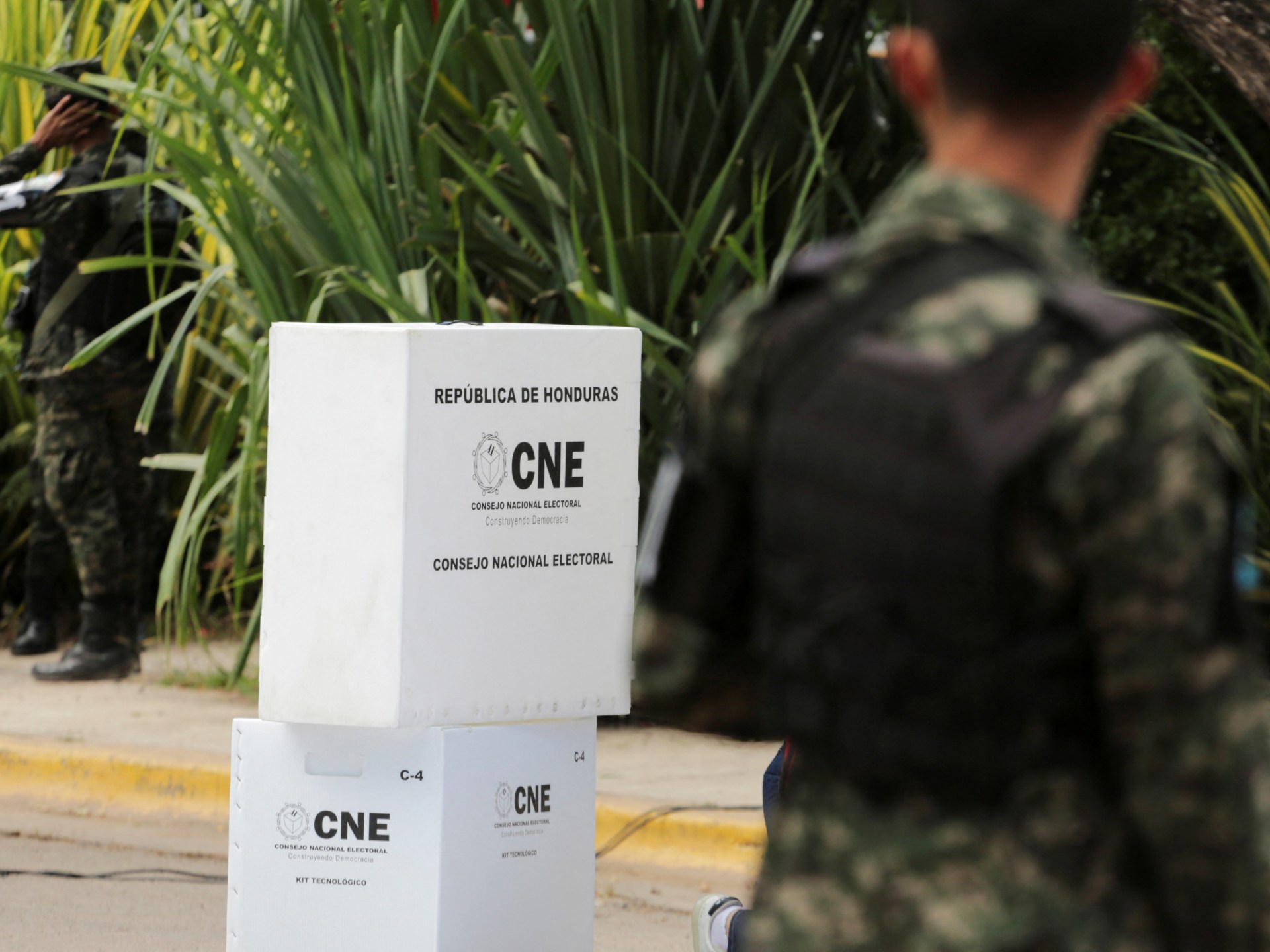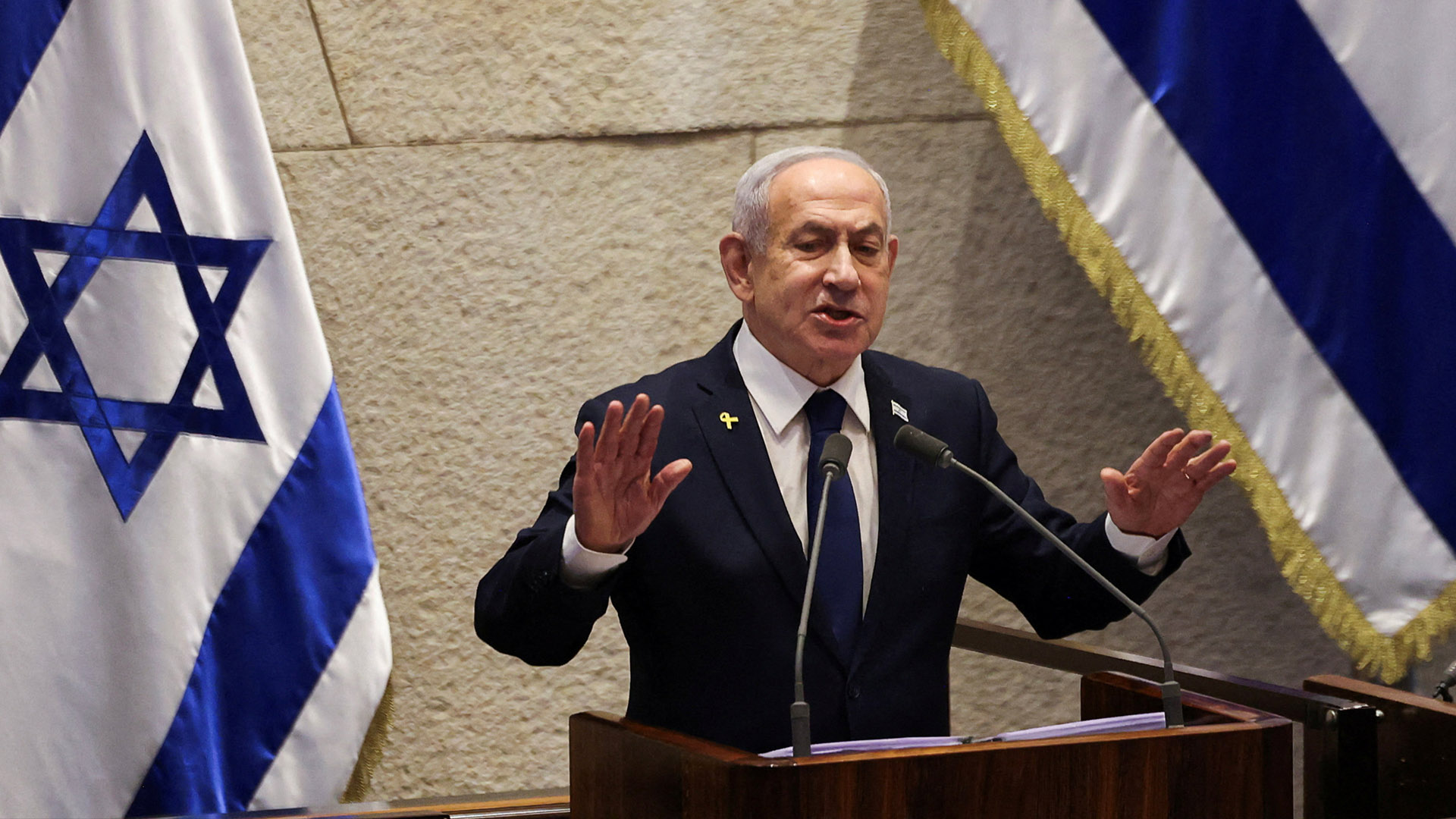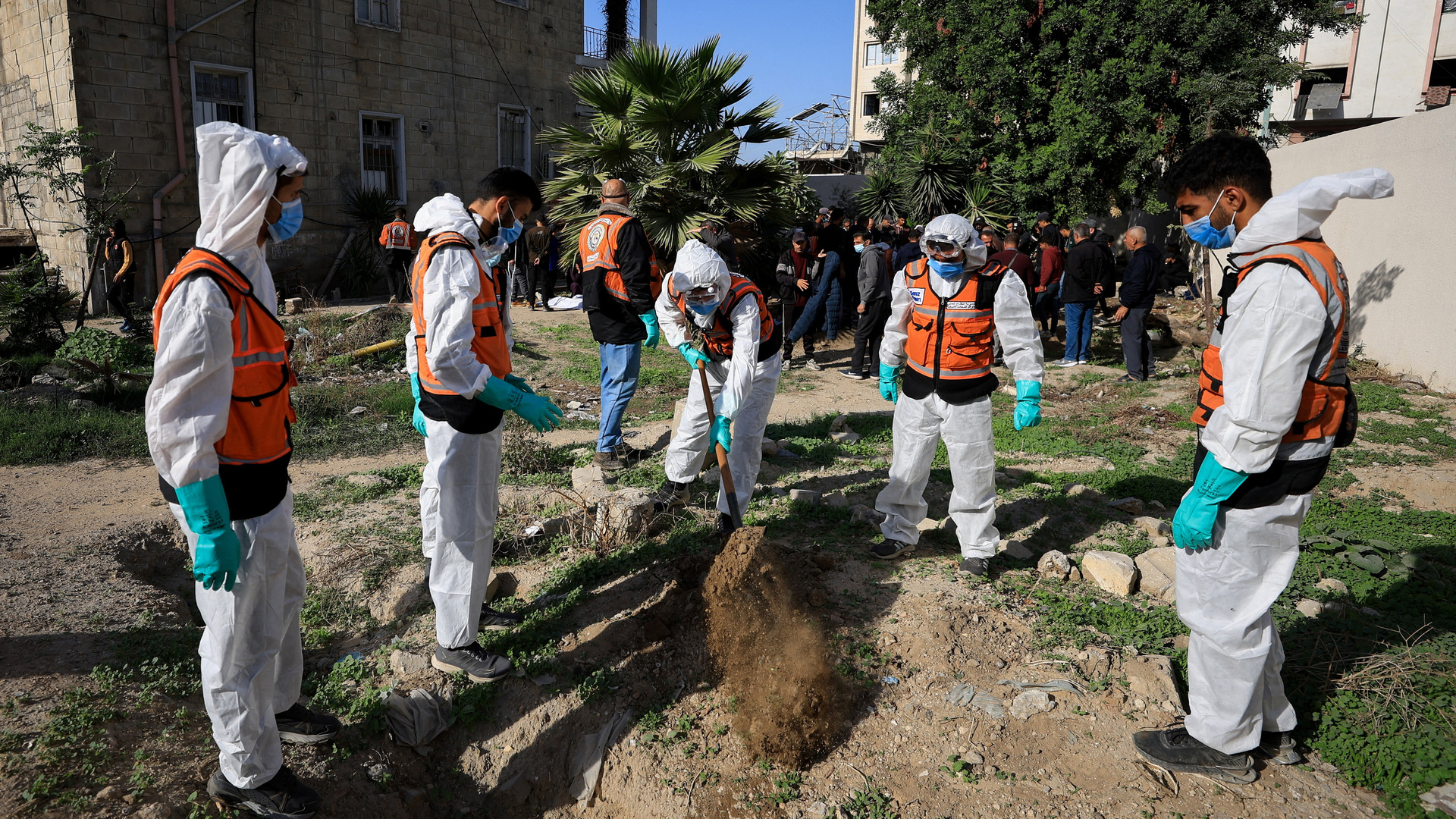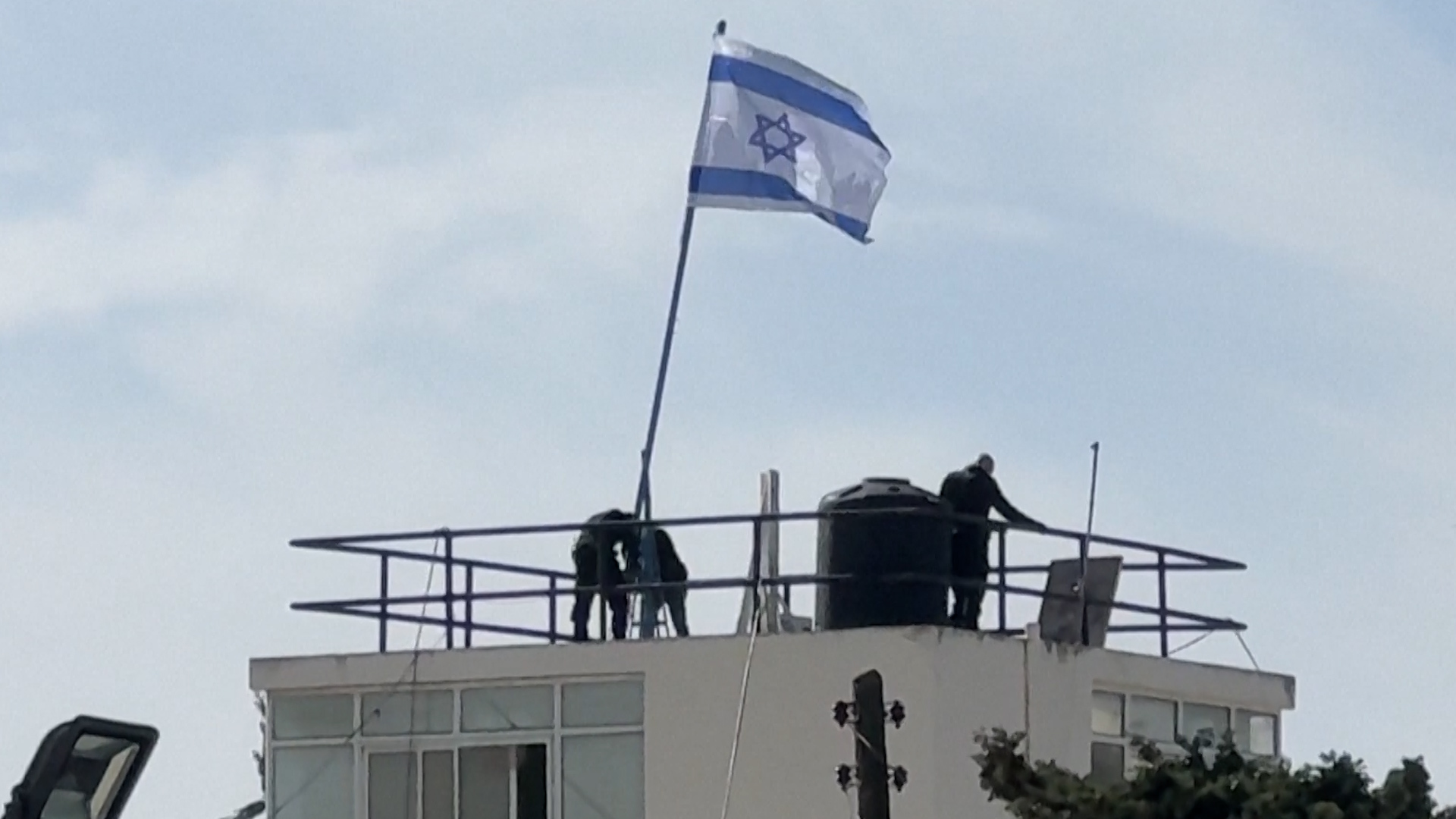Alina Habba, the acting United States attorney for the District of New Jersey, has stepped down following a recent appeals court ruling that disqualified her from continuing in the role.
On Monday, Habba confirmed in a social media post that she had resigned.
Recommended Stories
list of 3 itemsend of list
She cited a decision from the Third Circuit Court of Appeals, which found that her enduring work as interim US attorney — despite a lower court order ending her appointment — violated the Federal Vacancies Reform Act.
“As a result of the Third Circuit’s ruling, and to protect the stability and integrity of the office which I love, I have decided to step down in my role as the U.S. Attorney for the District of New Jersey,” Habba wrote.
“But do not mistake my compliance for surrender. This decision will not weaken the Justice Department and it will not weaken me.”
Her departure is the latest setback for the administration of President Donald Trump, which has clashed with the judicial branch of government as it seeks to expand executive power.
But even as Habba announced her departure, the Trump administration warned it would continue its efforts to overturn the court’s ruling.
In a statement, Attorney General Pam Bondi hinted that Habba could still be restored to the high-level post, even as she accepted the prosecutor’s resignation.
“The Department of Justice will seek further review of this decision, and we are confident it will be reversed,” Bondi wrote.
“Alina intends to return to lead the U.S. Attorney’s Office for the District of New Jersey if this occurs.”
From personal lawyer to prosecutor
The controversy over Habba’s appointment stretches back to the first months of Trump’s second term, when the Republican leader began naming some of his close associates to high-level roles in the Department of Justice.
US attorneys serve as the top law enforcement officers in a given district, prosecuting cases on behalf of the federal government.
They also oversee vast networks of prosecutors. In the case of the New Jersey district, there are approximately 170 lawyers under the local US attorney’s command.
Normally, the post is filled once the US Senate approves a candidate. But Habba has been serving in an interim capacity. She has no previous prosecutorial experience.
She was, however, employed as a personal lawyer to Trump between his terms in office, representing him in various civil matters.
Those cases ranged from a civil fraud complaint brought by New York State Attorney General Letitia James to a defamation lawsuit brought by the writer E Jean Carroll. Trump lost both cases and has since appealed.
Nevertheless, Habba was one of several personal lawyers Trump handpicked to join the Justice Department.
They included Emil Bove, who defended Trump against two federal indictments from 2023 to 2024. Trump named Bove acting deputy attorney general in the Justice Department before successfully nominating him to a lifelong position on the Third Circuit Court.
Another example is Lindsey Halligan, an insurance lawyer who represented Trump in legal actions against the seizure of classified documents from his Mar-a-Lago estate in Florida.
Halligan herself was appointed as an acting US attorney, serving in the Eastern District of Virginia.
But last month, Halligan too found herself in legal jeopardy, after a federal judge found she had been illegally appointed.
The judge also tossed the criminal charges Halligan had filed against two prominent Trump critics: Letitia James, the New York state attorney general, and James Comey, a former director for the Federal Bureau of Investigation (FBI).
Political prosecutions?
Habba had similarly overseen controversial prosecutions during her time as acting US attorney, feeding criticism that the Justice Department has been carrying out Trump’s political vendettas.
In March, she was sworn into office. By April, she had announced on the TV network Fox News that she was opening a probe into New Jersey Governor Phil Murphy and state Attorney General Matt Platkin, both Democrats.
She accused them of trying to “get in the way” of federal immigration enforcement operations.
Then, on May 9, she decided to charge Newark Mayor Ras Baraka with trespassing after he was involved in a protest in front of a local immigration detention facility.
By May 19, Habba had reversed course, dropping the charges against Baraka. But in the same statement, she announced new charges against another participant in the protest, US Congress member LaMonica McIver.
Both McIver and Baraka are Democrats, and they alleged that their prosecutions were politically motivated. McIver’s case remains ongoing.
Still, Judge Andre Espinosa scolded Habba’s office for its short-lived prosecution against Baraka, calling it a “worrisome misstep” and “hasty”.
“Your role is not to secure convictions at all costs, nor to satisfy public clamour, nor to advance political agendas,” Espinosa told a federal prosecutor representing Habba’s office in May.
By July, Habba had reached the end of her legal mandate. According to the US Code, interim US attorneys are limited to a 120-day period, after which time the matter of temporary staffing goes to the district courts to decide.
On July 22, a panel of federal judges in New Jersey ruled not to extend Habba’s term. Instead, they called upon Habba’s second-in-command, Desiree Grace, to replace her.
That triggered a power struggle between the executive and judicial branches.
A legal fight
Attorney General Bondi and Trump himself pledged to keep Habba in the US attorney role, denouncing July’s judicial panel as a collection of “rogue judges”. They took the matter to the courts and fired Grace.
But in August, the Trump administration faced another setback. A federal judge ruled that Habba’s continued presence as acting US attorney was unlawful and that her actions in the role were “void”.
The judge also reprimanded the Trump administration for using “a novel series of legal and personnel moves” to keep Habba in the temporary office.
The Trump administration’s case hit another stumbling block on December 1, when the Third Circuit Court of Appeals rendered its judgement.
Writing for the majority, Judge D Michael Fisher issued a 32-page decision, finding that Habba had run afoul of the Federal Vacancies Reform Act (FVRA).
He affirmed the lower court’s decision in favour of her “disqualification”.
“As it stands, Habba alone is exercising all the powers of a U.S. Attorney, making her an Acting U.S. Attorney whose appointment is not FVRA compliant,” wrote Fisher, who was appointed under former Republican President George W Bush.
The appeals court’s decision prompted the Trump administration to renew its attacks against the judges involved in the case, dismissing them as partisan.
“The court’s ruling has made it untenable for [Habba] to effectively run her office, with politicized judges pausing trials designed to bring violent criminals to justice,” Bondi wrote on Monday.
“These judges should not be able to countermand the President’s choice of attorneys.”
Bondi added she was “saddened” to learn of Habba’s resignation. In a separate post, Bondi also defended Halligan, whose ability to continue as US attorney also remains in question.
She accused the district courts of “engaging in an unconscionable campaign of bias and hostility” against the acting prosecutors Trump appointed.





